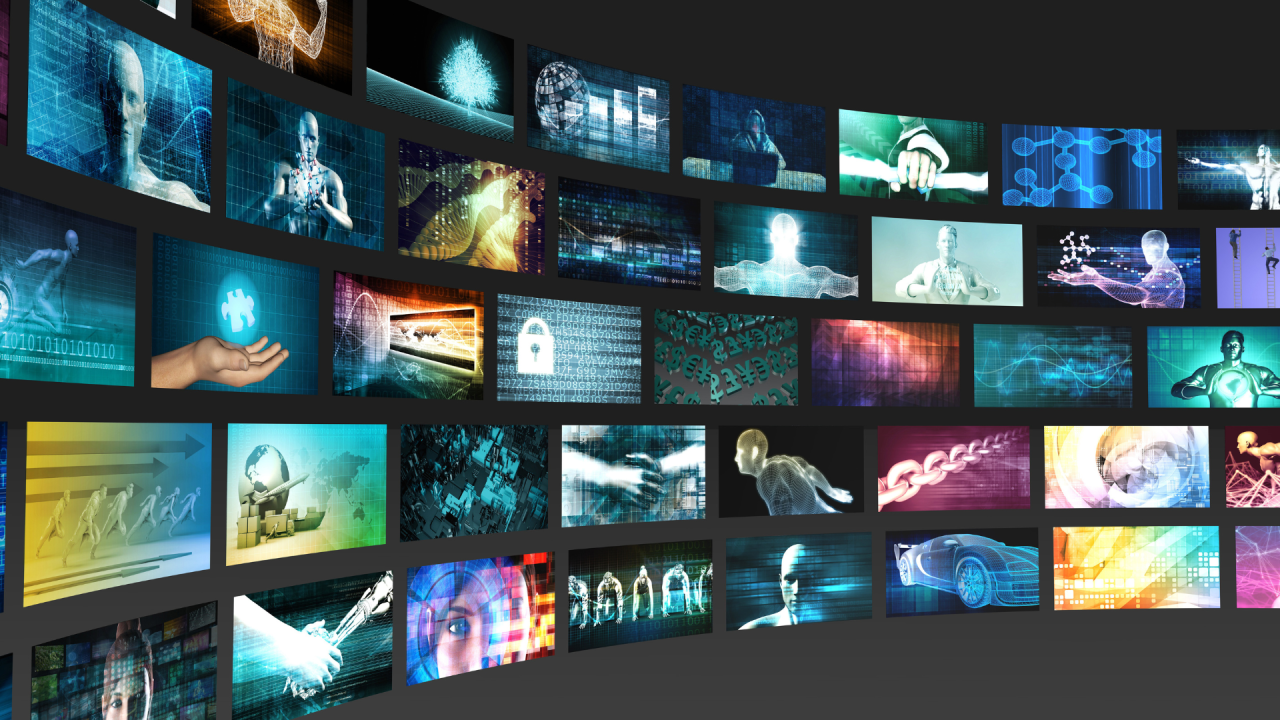13 min read
Accelerating Organizational Performance by Advancing Human Capability
Introduction: Why the 4IR Is So Different "There has never been a time of greater promise, or greater peril."—Klaus Schwab, Founder & Executive...
1 min read
Logical Design Solutions
:
11/15/23 12:00 AM
A recent study from the McKinsey Global Institute estimated that generative artificial intelligence could add more than $4 trillion annually to the global economy, largely from gains in productivity. This would constitute a game-changing reversal of current trends, especially in developed countries, where growth has been slowing and remains weak.

There are myriad but critically related social, ethical, political, and environmental forces in play with these powerful new productivity-enhancing forces, particularly ambient intelligence systems, Large Language Models (LLMs), and AI digital assistants. Importantly, policies will need to be developed to ensure that these breakthroughs complement rather than replace human labor.
Up to now, frontier technology has had little effect on knowledge-based and creative industries, such as medicine, law, advertising, and consulting - areas in which much of the value comes from specific expertise and the performance of non-routine tasks. Yet in a stunning series of recent developments, the AI revolution has shattered those constraints through machine learning and pattern recognition advances.
Although the transformation may not be immediate, it does not mean the eventual effect will be small. AI is unlikely to trigger an economy-wide jump in productivity, or to support sustainable and inclusive growth if its use is left to market forces. However, once these innovations are harnessed, they could reverse the long-term declines in productivity growth that many advanced economies now face. The introduction of positive policies that foster AI’s most productive uses will augment human capabilities rather than replace them.
Ensuring AI technology proliferates in the right way will require new forms of international economic governance. The extent to which AI can be developed and used equitably worldwide will determine the magnitude of its effect on the global economy, and harnessing the power of AI for good will require more than simply focusing on existential threats and potential damage. It will demand a positive vision of what AI can do and effective measures to turn that vision into reality.
The Coming AI Economic Revolution; Can Artificial Intelligence Reverse the Productivity Slowdown?
The Economic Potential of Generative AI: The Next Productivity Frontier

13 min read
Introduction: Why the 4IR Is So Different "There has never been a time of greater promise, or greater peril."—Klaus Schwab, Founder & Executive...

7 min read
Navigating Acceleration in an Age of Transformation A Bold Agendas Perspective by Mimi Brooks Executive Summary 2025 revealed no fewer than eight...

4 min read
Organizational shifts we saw in 2023 were progressive changes in the pervasive systems and structures that continue to transform organizations for...